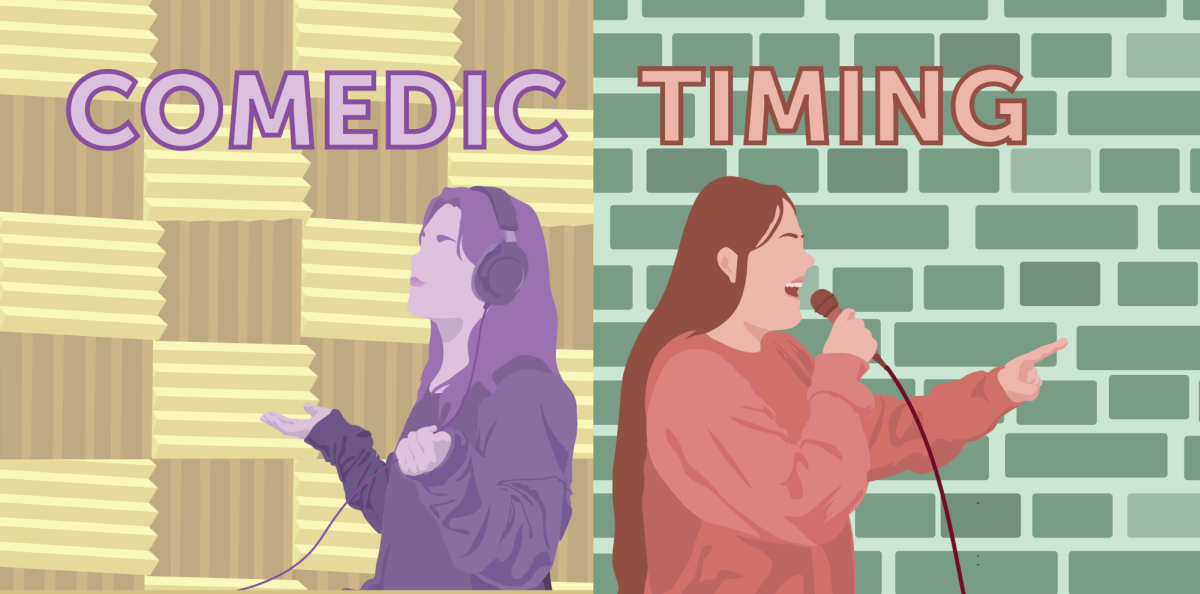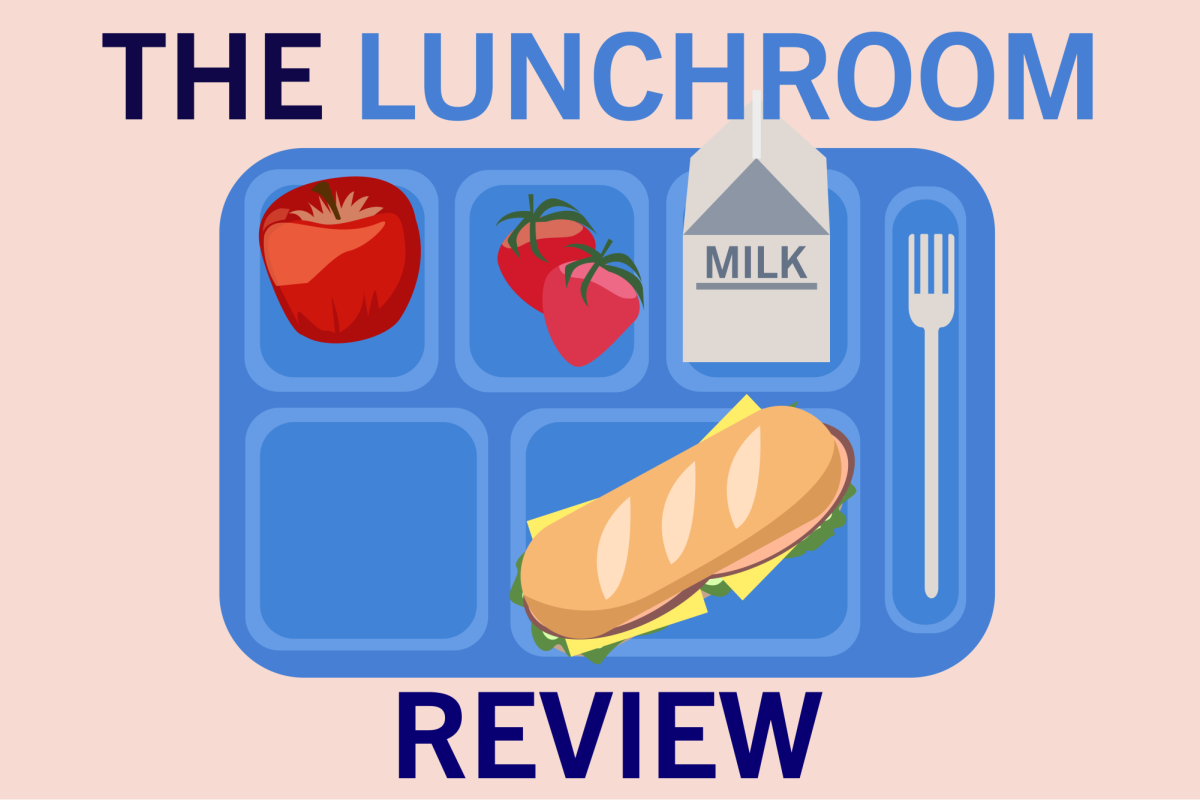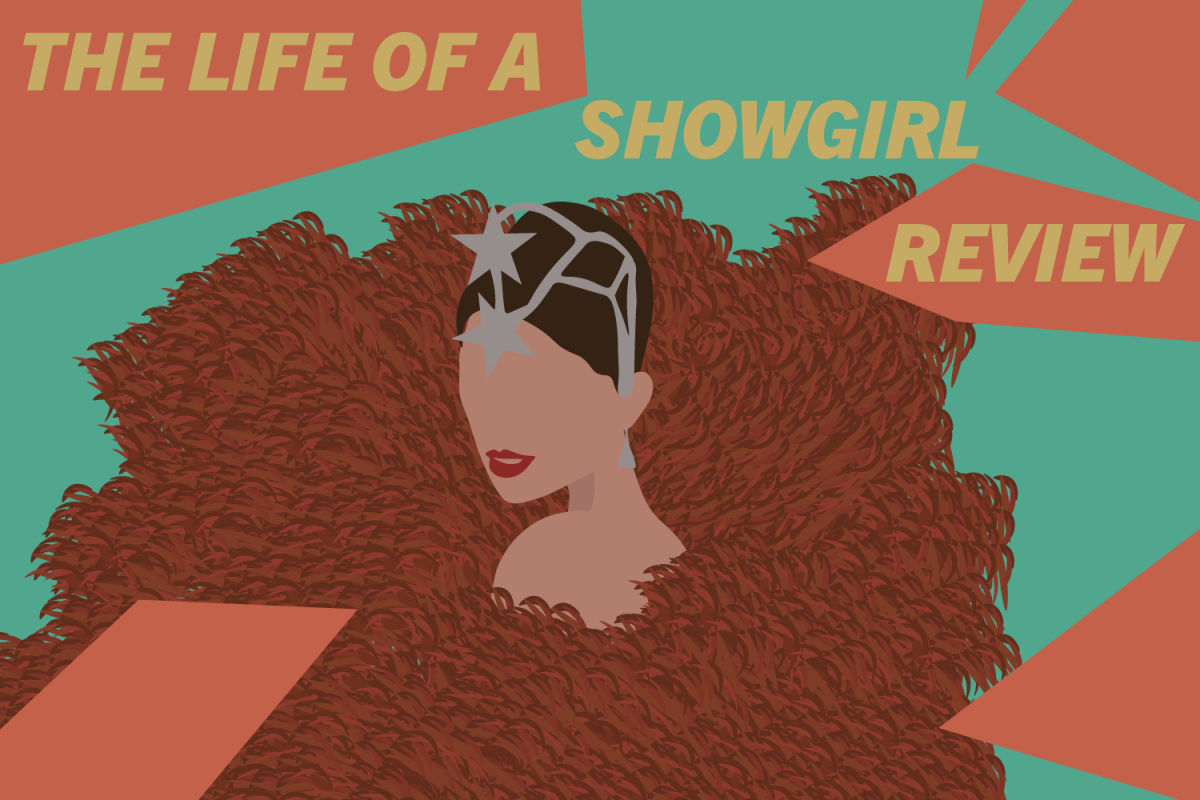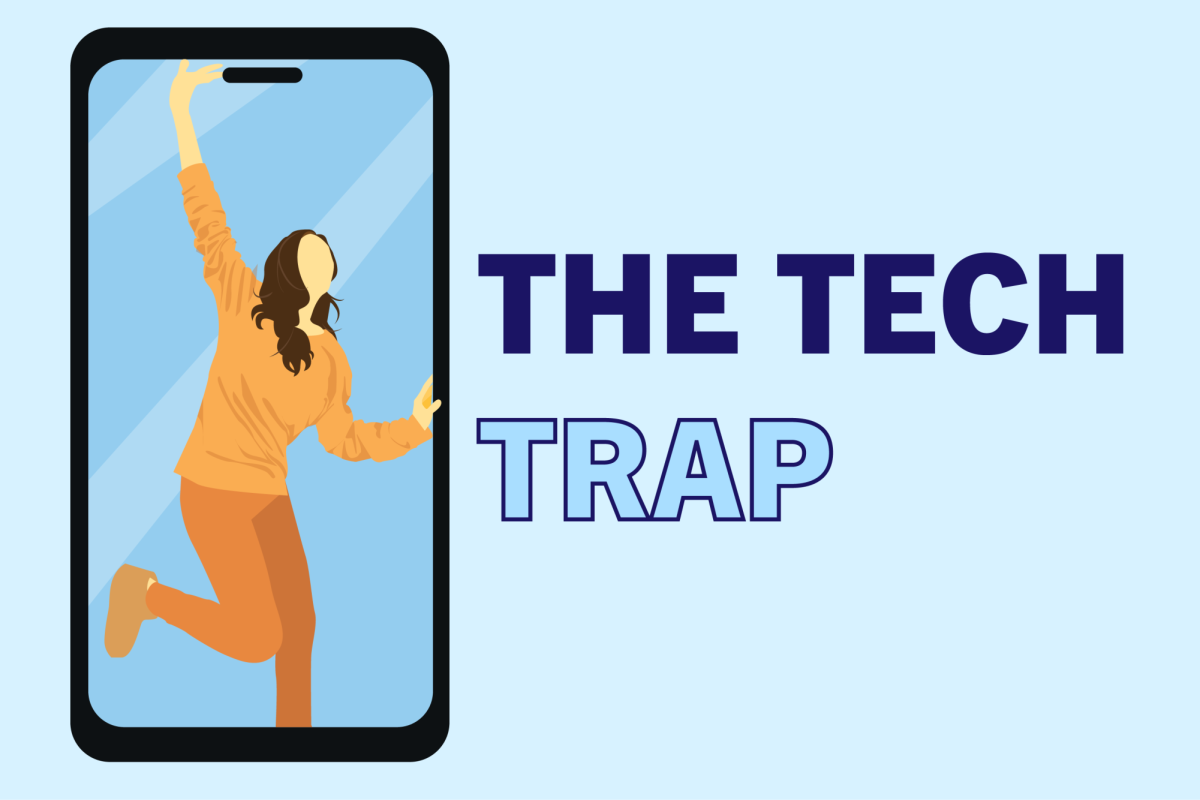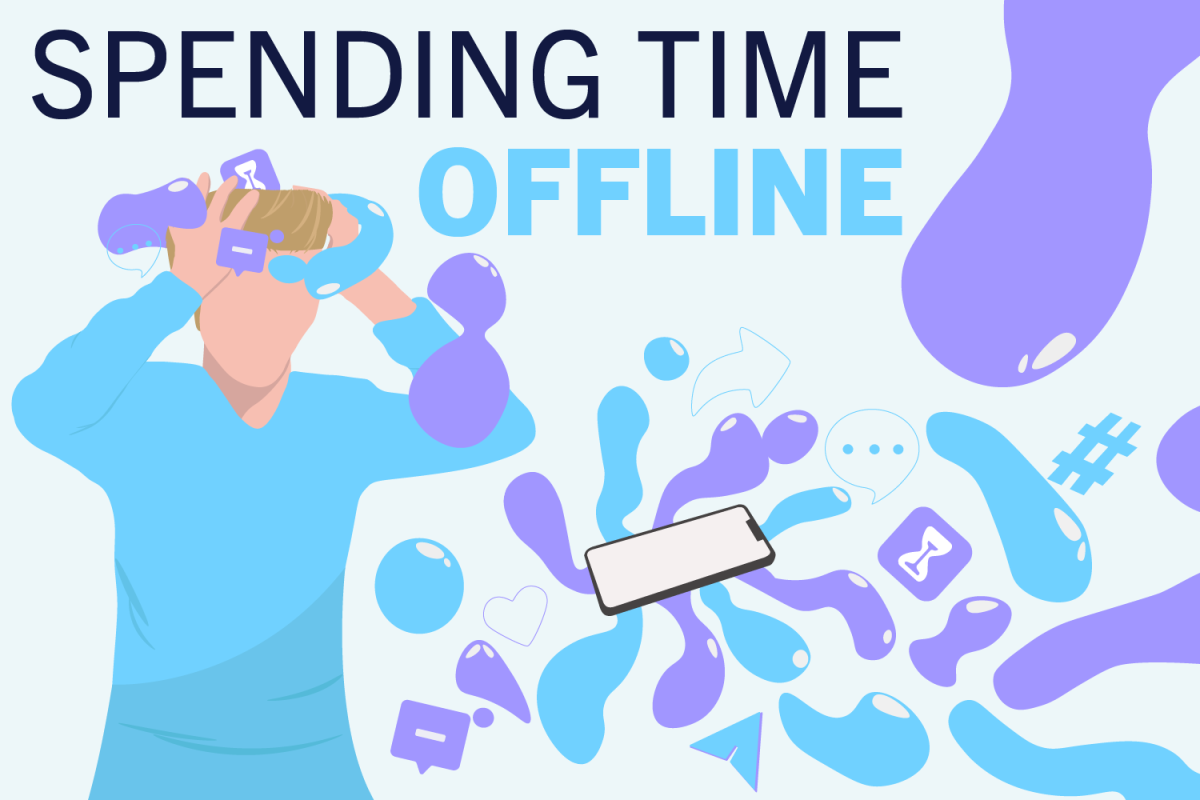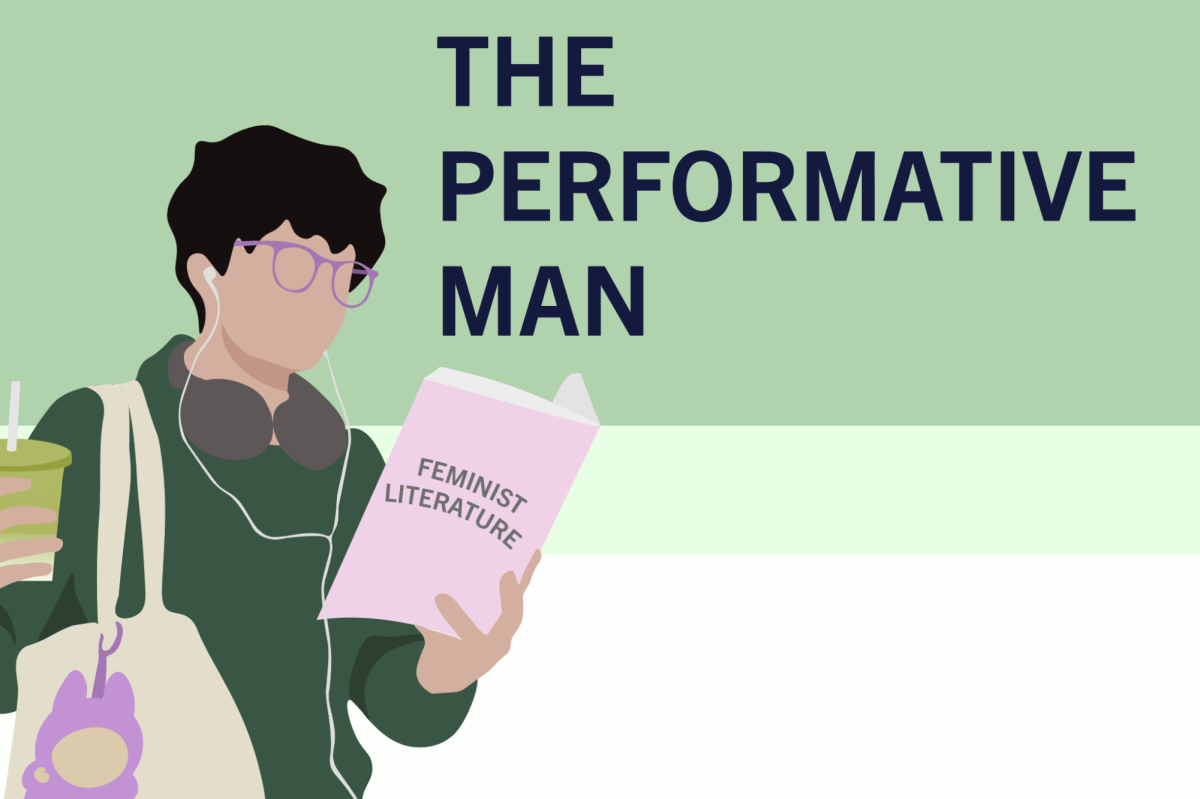Digital mediums have created a brand new era of free and accessible comedy
By Maddie Martin
With the rise of social media, comedy has moved in a more technological direction. More comedians are moving to podcasts as opposed to live shows. This new version of comedy makes comedy more enjoyable for everyone.
I have never been a fan of stand up comedy, “Saturday Night Live” skits never made me laugh and the idea of watching someone tell scripted jokes makes me cringe. However, ever since I saw a video of popular comedian Theo Von pop up on my TikTok I have been drawn to the kind of comedy you can see online as opposed to on stage.
The best thing about this new era of comedy is its ability to adapt and change. A comedian doesn’t have to be put into a box of exactly what they are, take Theo Von as an example. Von started doing stand up and eventually ventured into podcasting. In his career Von hasn’t just been a comedian he’s had the ability to be a comedian, podcaster and de facto social media influencer.
Another prime example is Shane Gillis, who has become popular in the last few years mostly because of his social media presence. Gillis has built up a very specific online personality that appeals well to a generation of young people who spend hours on social media.
In the past you had two options, go see a live show or wait until the comedy special came out. However with the rise of comedy podcasts, comedy has not only become more accessible but also better. Not every so called “comedic” podcast is hilarious at all but the sheer amount of podcasts and options there are is what makes the podcast format so appealing. Anyone is bound to find something or someone they find funny.
While it is undeniable that stand up comedy does have a certain live feel and the audience interaction is something that can’t be replicated in a podcast setting, podcasts are still able to bring different features to the table. Some ways podcasters involve their audiences is by bringing guests on the show, having fans calling in or recording live shows that feature audience interaction.
Podcast comedy has undeniably taken over the landscape of comedy and changed it completely for the better. Comedy lovers now have the ability to follow their favorite comedians’ social media pages, podcasts and live shows.
Stand up comedy has charm and personality to it that will and has held up to the test of time
By Madelyn Mulryan
With the rise of social media and podcasts, comedy has only gotten less funny. And with Netflix giving out stand up specials to anyone who asks, the comedy scene has had its downfall.
Growing up my family was bonded through sitcoms and comedy shows. We spent Sunday watching the previous “Saturday Night Live.” On the weekday evenings, my family sat down and watched comedians like Dave Chappelle and “Key and Peele”.
Recently, the new wave of social media has disrupted the way comedy used to be. In the past, when watching sketches or stand up, the audience can’t immediately input their opinion on what is or isn’t funny. With TikTok, Instagram and YouTube, the comments can be flooded with what’s offensive and what’s not funny to watch, which can influence your opinion.
The rise of podcasts has also completely changed the comedy scene, not in a good way. While some podcasters can crack a couple jokes, most of podcasting now is just a couple people having a scripted conversation.
The most infamous podcasts known for their only content being conversations are “The Basement Yard,” “The Good Guys” and the “You Should Know” podcast. If you listen to these back to back it’s just the same conversations over and over.
The worst thing about this new era of comedy is the fact that skits, using outside actors and sets, aren’t as common. The funniest, most memorable comedians came from sketches and faces, being able to see particularly what they look like.
Rolling Stones describes Chris Rock, Dave Chappelle, Robin Williams and Jerry Seinfield as the top 20 stand up comedians, and they are all memorable. The fact that these comedians are still referenced in current TV shows and movies shows how their comedy has left an impact.
Sketch comedy still exists but is not on the same level as it used to be. For example, 21st century “Saturday Night Live” is all emotionless jokes with little punchlines.
Even though certain podcasters can be funny, it’s no doubt that those who go against the norm, talking about random topics, are funnier than most. Similarly, taking stand up to social media can censor the funnier comedy, leaving lukewarm jokes. Overall, comedians just aren’t as funny as they used to be a couple decades ago.


